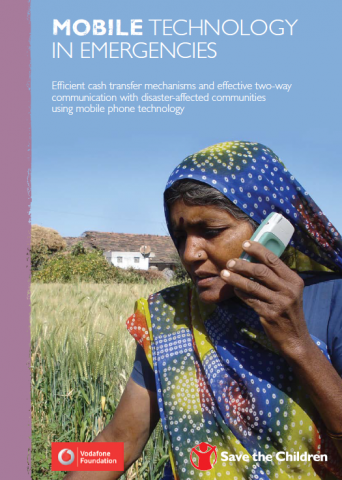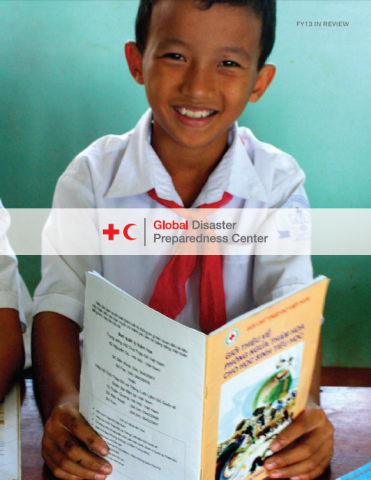Renata Barradas Gutierrez
renatabarradas88@gmail.com
Washington D.C, United States
Renata earned a Bachelor’s Degree in International Relations from Tecnologico de Monterrey and two Certificates in Woman, Gender and Development and International Relations from The University of British Columbia. While working as Communications Coordinator in Cinco Panes y Dos Peces A.C., a Mexican nonprofit organization, she helped indigenous communities in isolated regions in Mexico to apply a Risk Prevention, Control and Management Plan. Simultaneously, Renata taught a certificate in Financing Strategies and Fundraising for nonprofits. Previously, she coordinated two international volunteer projects in Belgium at the Red Cross Center for Asylum Seekers and at the Asylum Seekers and at the Arthur Regniers Center for motor and brain handicapped people. Renata has volunteered in ten projects nationally and internationally concerning a wide range of topics such as: orphan children, Down's syndrome children, reforestation, Elkhorn Coral Planting, fundraising, and reconstruction. Through these experiences, she developed project coordination and implementation, fundraising, web development and research skills. Renata enjoys topics related to philanthropy and has a strong passion for poverty relief and refugees. As a result, from her passion in the nonprofit sector, she has cofounded Amarte A.C., and Hoor A.C., two Mexican nonprofit organizations.
Renata currently helps to support the information and knowledge management needs of the Global Disaster Preparedness Center (GDPC). This includes providing immediate support for data collection and analysis, maintaining and refining an effective knowledge management system for a state-of-the-art resource center, and piloting of complementary knowledge management initiatives.
Guidance material

This guide aims to assist National Society staff and volunteers throughout the world in undertaking food security assessments. It does not require prior knowledge or experience of food security. The guide is a practical tool related to the Food s...
Report

Technological hazards are an increasing source of risk to people and their environment. This is an effect of the globalization of production, an increase of industrialization and a certain level of risk of accidents connected with production, proce...
Other type of resource

In collaboration with other partners, the GDPC seeks to build out the current knowledge and awareness within the global Red Cross network on how the information exchange and communication on social media platforms can be better integrated into the wo...
Video
La Cruz Roja capacita constructores en el uso de técnicas de resistencia a huracanes para la construcción de casas de madera más seguras para una vida mejor.
Video
Ce sont les communautés qui sont les plus à même de lutter contre les vulnérabilités. De plus en plus, organisations humanitaires et communautés, recherchent ensemble des solutions aux problèmes qui contribuent à la vulnérabilité. Une méth...
Video
In addressing vulnerabilities, it is the communities themselves who have the capacity to make significant change. Humanitarian organizations and communities are increasingly working together to find solutions to the problems that contribute to vulner...
Video
Lévaluation de la vulnérabilité et des capacités (EVC) est une procédure essentielle qui vise à déterminer les points forts et les faiblesses des Sociétés nationales en matière de gestion des catastrophes. Cette procédure aide la Fédér...
Video
La evaluación de la vulnerabilidad y las capacidades (AVC) es un proceso básico empleado para identificar las ventajas y deficiencias de las Sociedades Nacionales en relación con la gestión de desastres. El proceso es otra contribución para ha...
Video
تقييم الضعف والمقدرات (VCA) يستخدم مختلف الأدوات التشاركية لقياس التعرض والقدرة على مقاومة الكوارث الطبيعية للشعوب. وهو جزء لا يتجزأ من ال�...
